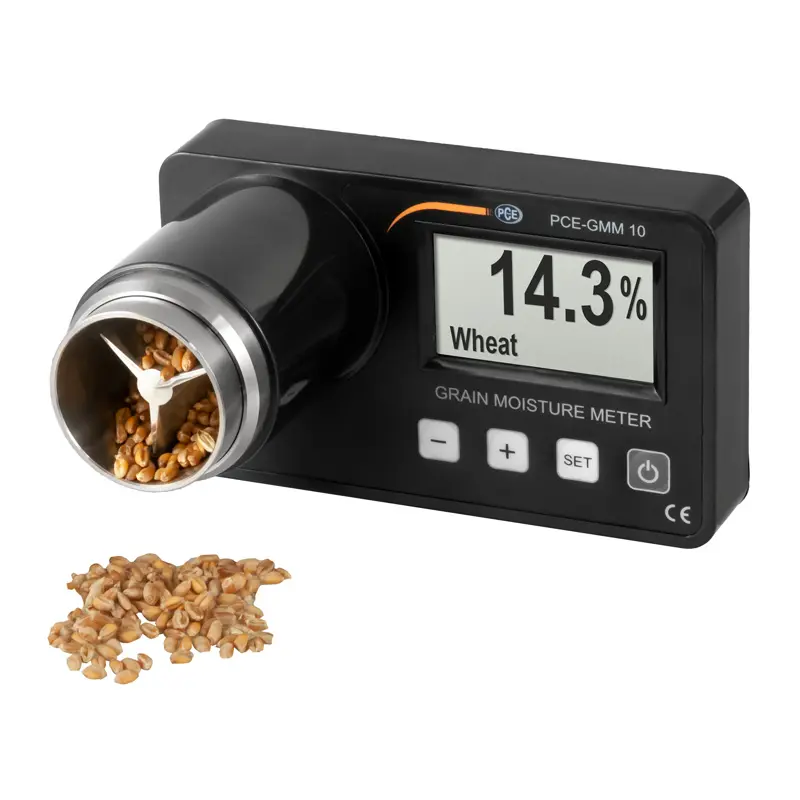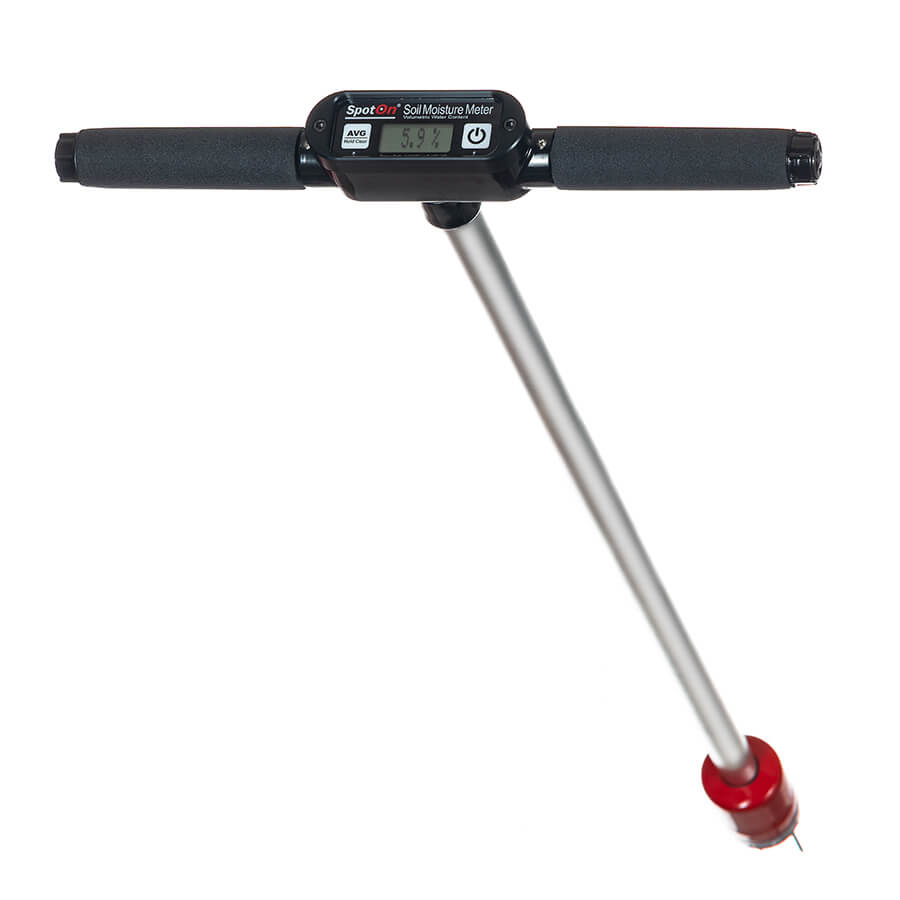The Ultimate Overview to Moisture Meters: A Comprehensive Introduction and Just How They Can Save You Money
Moisture meters offer as vital devices in identifying and checking moisture material in materials, assisting in preventing expensive problems and making sure the top quality of products. Understanding the nuances of various kinds of moisture meters, their applications, and the prospective cost-saving advantages they use can be a game-changer for companies and professionals alike.
Sorts Of Dampness Meters
One typical kind is the pin-type dampness meter, which determines the electrical resistance between two pins put right into a material. Pinless wetness meters, on the other hand, usage electromagnetic sensing unit plates to scan a larger area without triggering damage to the material's surface area.

Infrared moisture meters gauge the thermal properties of a product to identify its moisture content non-invasively, making them helpful for applications where pin or pinless meters may not be suitable. Recognizing the various kinds of wetness meters available can aid sectors choose the most suitable device for their specific dampness dimension requirements.

Advantages of Using Moisture Meters
Dampness meters provide invaluable advantages in precisely monitoring and assessing moisture degrees in diverse products and environments. One of the key benefits of using moisture meters is the prevention of prospective damage caused by excess dampness.
Furthermore, using wetness meters can lead to increased energy efficiency. In farming settings, wetness meters play a crucial role in maximizing plant yields by making it possible for farmers to monitor dirt dampness degrees and make informed watering choices.
How to Choose the Right Moisture Meter
When choosing a wetness meter, it's essential to guarantee that the meter is appropriate for the specific material you will be testing. Various products have varying electric homes that can affect wetness readings, so selecting a meter made for your material is crucial for accurate results. By very carefully assessing these aspects, you can choose a dampness meter that fulfills your requirements and provides precise dampness measurements for your jobs.
Correct Methods for Moisture Meter Usage

Cost Financial Savings Via Wetness Meter Applications
Exactly how can the calculated utilization of wetness meters lead to substantial expense financial savings throughout various sectors? In the agriculture industry, dampness meters help in identifying the optimal time for harvesting plants, protecting against over-drying or excess moisture that can impact the final product's quality.
Likewise, in building, moisture meters help stop pricey problems by spotting moisture degrees in building materials, such as timber or concrete, which can result in architectural issues if not dealt with quickly. By determining index problem locations at an early stage, service providers can take rehabilitative procedures to avoid considerable fixings or replacements, eventually conserving time and cash.
In addition, in the food processing sector, moisture meters are essential for keeping track of item high quality and ensuring compliance with safety and security guidelines. By accurately gauging dampness material in food items, makers can prevent wasting, maintain freshness, and decrease waste, causing significant price savings. In general, the tactical application of dampness meters is an important financial investment that can cause significant expense decreases and enhanced performance throughout various sectors.
Conclusion
To conclude, moisture meters are valuable devices for determining and identifying moisture levels in numerous products. By utilizing the right dampness meter and adhering to correct techniques, customers can efficiently avoid expensive problems brought on by excess wetness. Buying a top quality wetness meter can lead to significant expense financial savings in the future by determining prospective concerns at an early stage and allowing timely removal. Ultimately, moisture meters are necessary instruments for keeping the honesty and longevity of products and structures.
Dampness meters offer as indispensable tools in finding and keeping track of moisture content in products, aiding in stopping pricey problems and ensuring the high quality of items. Infrared dampness meters measure the thermal properties of a product to identify its wetness material non-invasively, making them helpful for applications site link where pin or pinless meters may not be ideal.Moisture meters provide important benefits in properly assessing and keeping an eye on wetness levels in diverse products and settings. In agricultural settings, moisture meters play a crucial role in maximizing crop returns by allowing farmers to check soil dampness levels and make notified watering choices.In final thought, dampness meters are valuable More Help tools for determining and spotting moisture levels in numerous products.